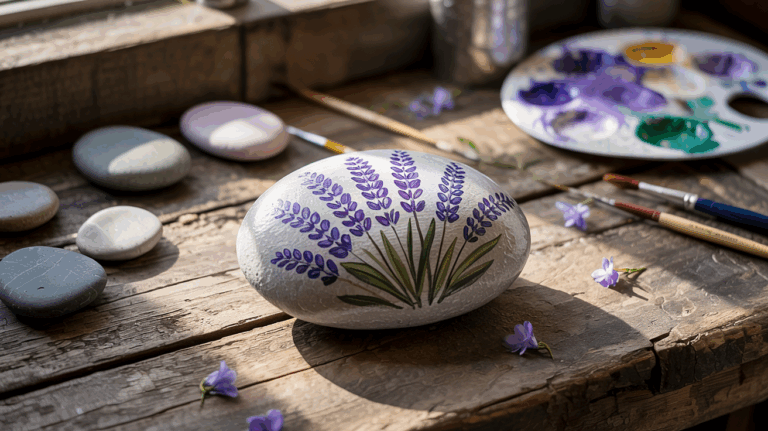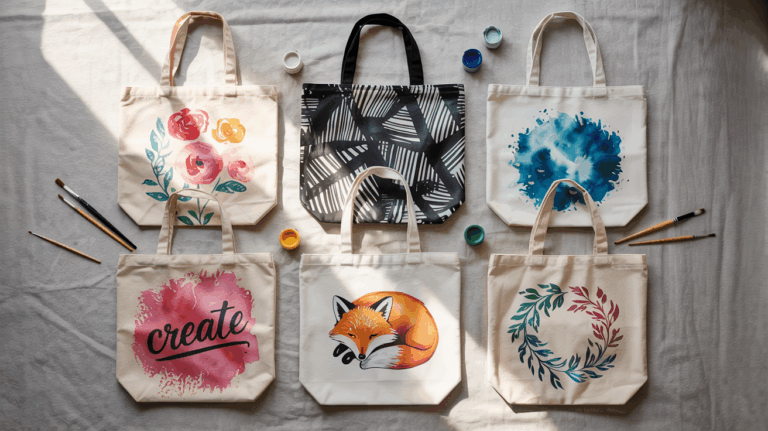Looking for a list of hobbies in English? You’re in the right place.
Finding something you love to do in your free time can change your life in wonderful ways.
When you spend time on activities you enjoy, you feel happier, less stressed, and more at peace with yourself.
It’s like having a friend who’s always there when you need to relax or have fun.
From reading books that take you to new worlds to creating art that shows how you feel inside, hobbies give your life more meaning.
They help you learn new things, meet people who share your interests, and give you a break from daily worries.
List of Hobbies in English
1. Reading

Reading is a timeless hobby that expands your imagination and knowledge.
Start with genres you enjoy or explore classic literature. Use e-books or join a library.
Benefits: Improves vocabulary, reduces stress, and enhances focus and empathy.
Advanced Tips: Explore challenging genres, join a book club, or try speed-reading techniques.
2. Writing

Writing allows you to express your thoughts creatively or document ideas.
Begin with journaling, short stories, or essays. Use a notebook or writing apps.
Benefits: Enhances communication skills, boosts creativity, and promotes emotional health.
Advanced Tips: Learn advanced grammar, try different writing styles like poetry or screenwriting, or take a creative writing course.
3. Painting

Painting is an artistic outlet for self-expression using colors and textures.
Purchase basic materials like paints, brushes, and canvas. Watch online tutorials.
Benefits: Encourages creativity, improves focus, and reduces anxiety.
Advanced Tips: Experiment with different mediums like watercolors, oils, or acrylics. Attend art workshops.
4. Gardening
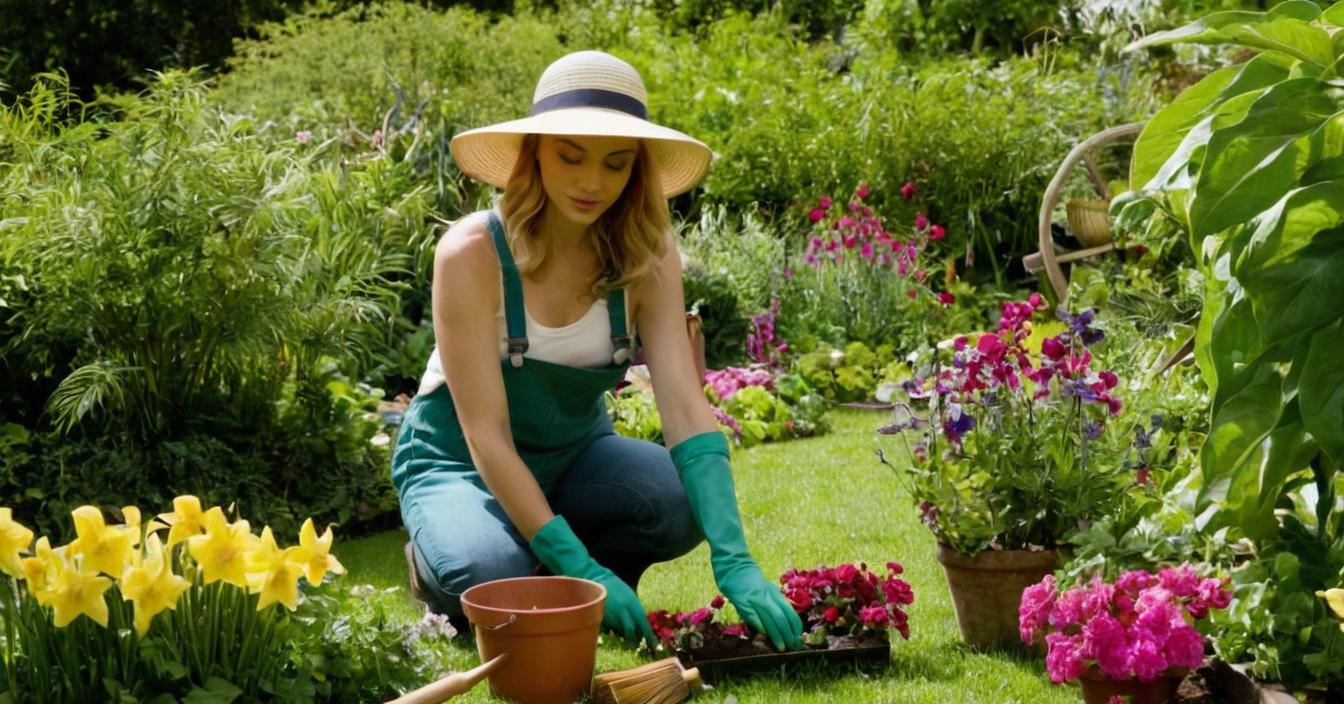
Gardening is the practice of cultivating plants and flowers for beauty or utility.
Start with small potted plants or herbs. Learn about soil, watering, and sunlight needs.
Benefits: Relieves stress, improves air quality, and provides fresh produce.
Advanced Tips: Explore organic gardening, vertical gardening, or landscaping techniques.
5. Cooking

Cooking is the art of preparing and experimenting with meals and cuisines.
Start with simple recipes and basic ingredients. Use online tutorials or cookbooks.
Benefits: Encourages creativity, promotes healthier eating, and brings people together.
Advanced Tips: Experiment with international cuisines, advanced techniques like sous vide, or plating styles.
6. Photography

Photography captures moments, emotions, and stories through a lens.
Begin with a smartphone or a basic camera. Learn about lighting and composition.
Benefits: Enhances creativity, improves observational skills, and creates lasting memories.
Advanced Tips: Explore manual settings and photo editing software or specialize in genres like wildlife or portrait photography.
7. Traveling

Traveling involves exploring new places, cultures, and experiences.
Start with local destinations. Plan budgets, accommodations, and itineraries.
Benefits: Broadens perspectives, enhances adaptability, and fosters personal growth.
Advanced Tips: Try solo travel, backpacking, or adventure travel. Document journeys through blogs or vlogs.
8. Knitting
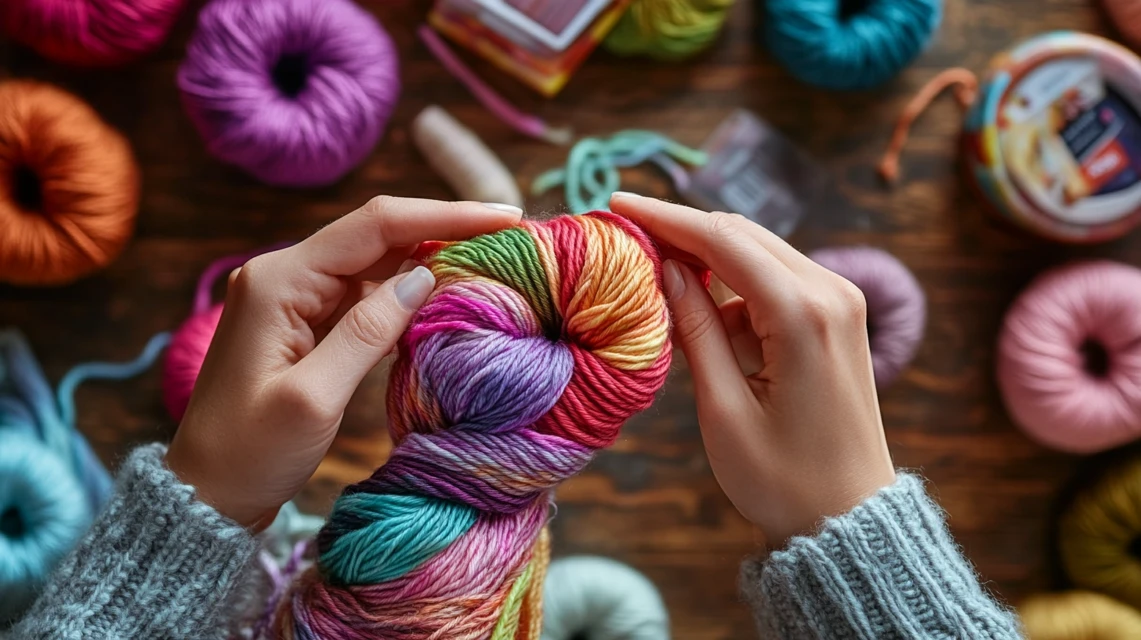
Knitting involves creating textiles by looping yarn using needles.
Purchase basic supplies like yarn and knitting needles. Begin with simple patterns.
Benefits: Boosts mindfulness, improves motor skills, and results in handmade items.
Advanced Tips: Explore intricate designs and advanced stitches, or create custom patterns for clothing.
9. Hiking
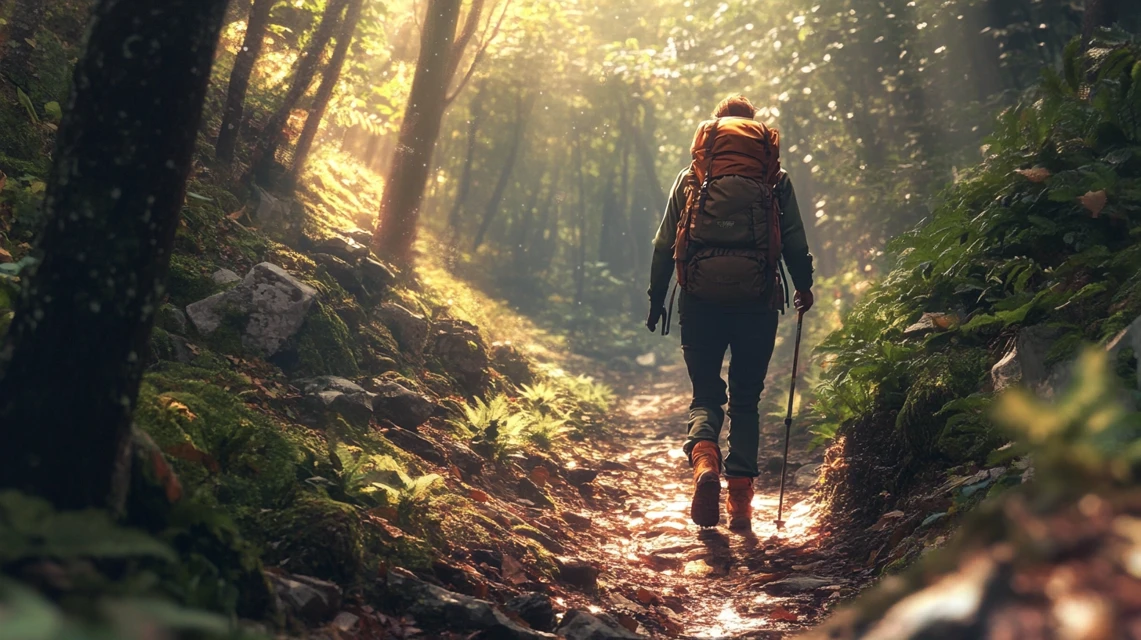
Hiking is walking on trails or natural terrains, often in scenic environments.
Choose beginner-friendly trails. Wear comfortable shoes and carry essentials like water.
Benefits: Improves physical fitness, reduces stress, and connects you with nature.
Advanced Tips: Attempt longer trails or high-altitude hikes, or join hiking groups for guided expeditions.
10. Playing Musical Instruments

Playing an instrument combines rhythm, melody, and creativity.
Pick an instrument of interest. Learn basic notes and chords through tutorials or a teacher.
Benefits: Boosts coordination, improves memory, and enhances emotional expression.
Advanced Tips: Master advanced techniques, play in bands, or compose your own music.
11. Dancing

Dancing is a rhythmic movement that combines expression and fitness.
Start with the basic steps of a dance style you enjoy. Use online classes or join studios.
Benefits: Improves coordination, builds confidence, and serves as a great workout.
Advanced Tips: Learn choreography, participate in competitions, or explore fusion dance styles.
12. Swimming

Swimming is a water-based activity that combines fitness and recreation.
Learn basic strokes in a local pool or with an instructor. Use swim gear like goggles.
Benefits: Strengthens muscles, improves cardiovascular health, and reduces stress.
Advanced Tips: Explore open-water swimming, synchronized swimming, or train for swimming competitions.
13. Crafting

Crafting involves creating decorative or functional items by hand.
Gather basic tools and materials. Try simple crafts like paper or fabric art.
Benefits: Boosts creativity, relieve stress, and results in unique handmade items.
Advanced Tips: Learn specialized crafts like wood carving, jewelry making, or resin art.
14. Fishing

Fishing is the act of catching fish for leisure, sport, or food. Obtain basic fishing gear and learn techniques from local guides.
Benefits: Enhances patience, provides relaxation, and connects you with nature.
Advanced Tips: Try fly fishing, deep-sea fishing, or master knot-tying techniques.
15. Baking

Baking is the process of making bread, cakes, and pastries in an oven.
Begin with simple recipes like cookies or muffins. Use basic baking tools.
Benefits: Fosters creativity, brings joy through sharing, and enhances culinary skills.
Advanced Tips: Experiment with advanced recipes, cake decoration, or artisan bread making.
16. Yoga
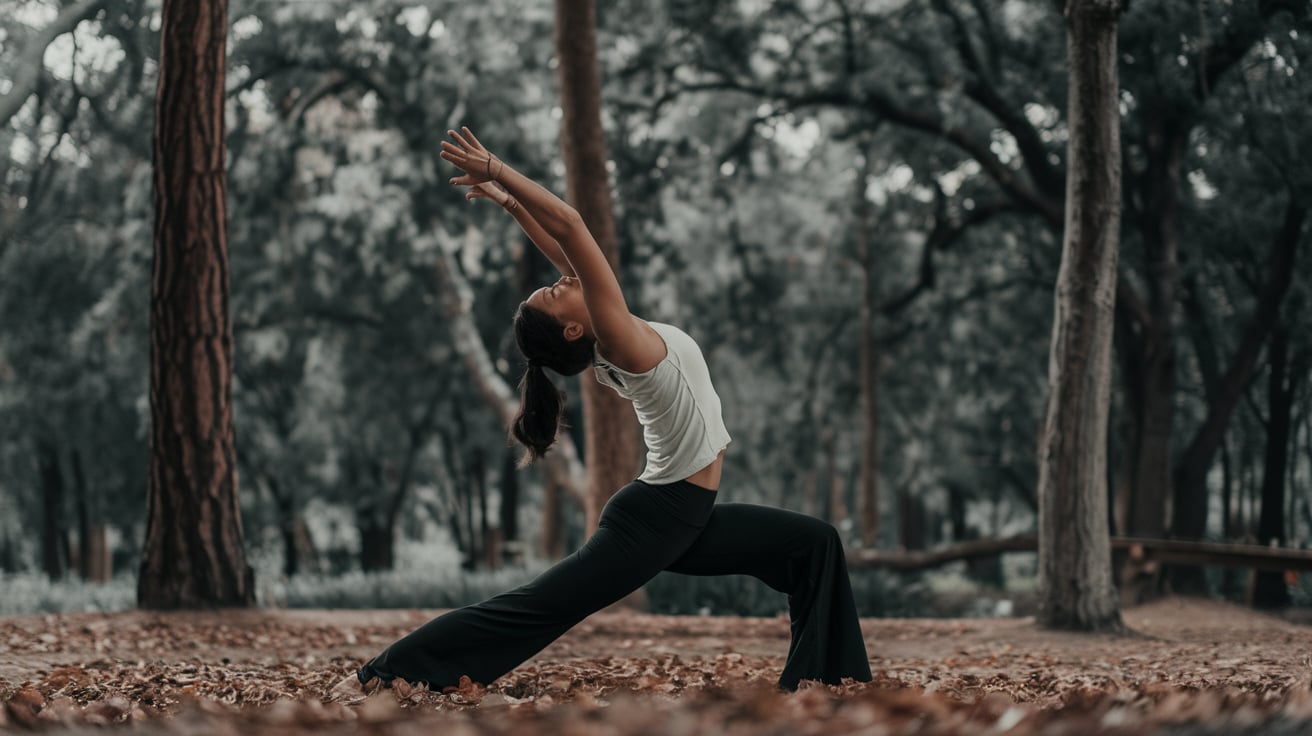
Yoga combines physical postures, breathing exercises, and meditation.
Learn basic poses and breathing techniques through classes or videos.
Benefits: Improves flexibility, reduces stress, and enhances mental clarity.
Advanced Tips: Explore advanced asanas, meditation techniques, or yoga retreats.
17. Cycling

Cycling is a versatile activity combining fitness and transportation.
Start with a basic bicycle and safety gear—practice on beginner-friendly paths.
Benefits: Builds endurance, strengthens muscles and promotes environmental sustainability.
Advanced Tips: Train for long-distance rides, mountain biking, or competitive cycling events.
18. Bird Watching

Bird watching involves observing and identifying bird species in nature.
Use binoculars and a guidebook to identify birds in local areas.
Benefits: Enhances patience, connects you with nature, and fosters environmental awareness.
Advanced Tips: Learn bird calls, photograph rare species, or join birdwatching tours.
19. Chess

Chess is a strategy game played on a board with 64 squares and 32 pieces.
Learn basic rules and strategies through books, apps, or tutorials.
Benefits: Improves cognitive skills, strategic thinking, and problem-solving abilities.
Advanced Tips: Study advanced openings, participate in tournaments, or practice online.
20. Acting

Acting is the art of portraying characters and emotions through performance on stage, screen, or other media.
Join local theater groups or acting classes to learn basic techniques like voice modulation and body language.
Benefits: Enhances confidence, improves communication skills, and fosters empathy by stepping into different roles.
Advanced Tips: Explore method acting, audition for diverse roles, or create your own short films to showcase your talent.
Unique and Rare Hobbies to Explore
21. Quilling

Quilling involves creating decorative art using rolled and shaped strips of paper.
Gather quilling paper, tools, and templates. Begin with simple shapes and designs.
Benefits: Enhances creativity, improves focus, and provides a relaxing pastime.
Advanced Tips: Create intricate patterns, 3D art, or custom designs for cards and decorations.
22. Sand Art
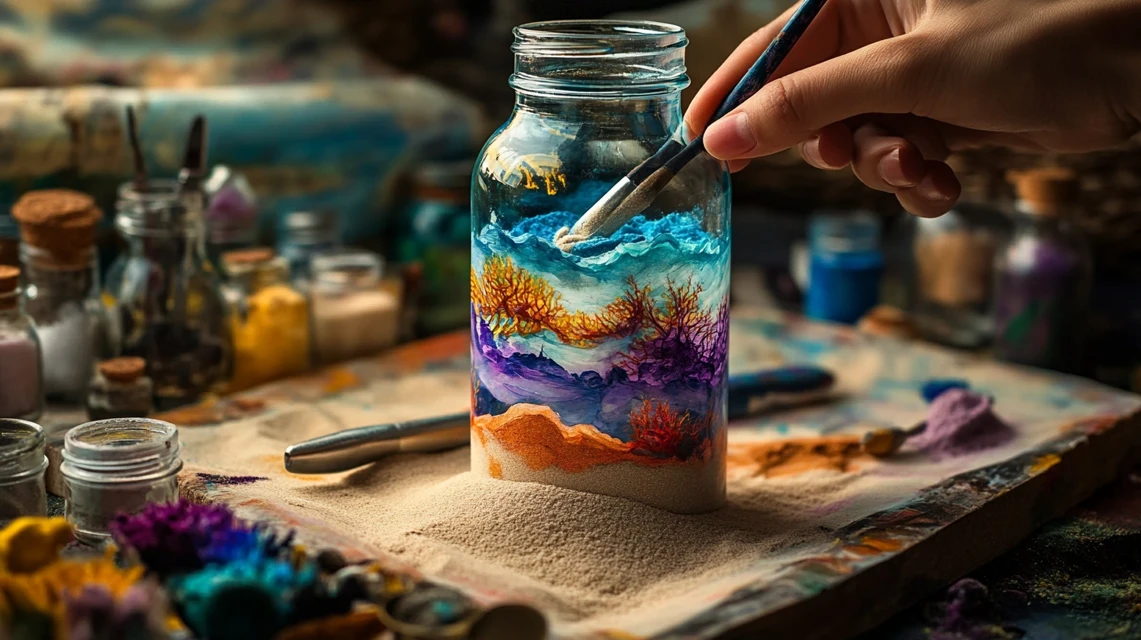
Sand art entails designing intricate patterns or sculptures using colored sand.
Use colored sand and basic tools to layer designs in jars or create simple sculptures.
Benefits: Promotes creativity, patience, and attention to detail.
Advanced Tips: Explore sand painting or large-scale outdoor sand sculptures.
23. Magnet Fishing
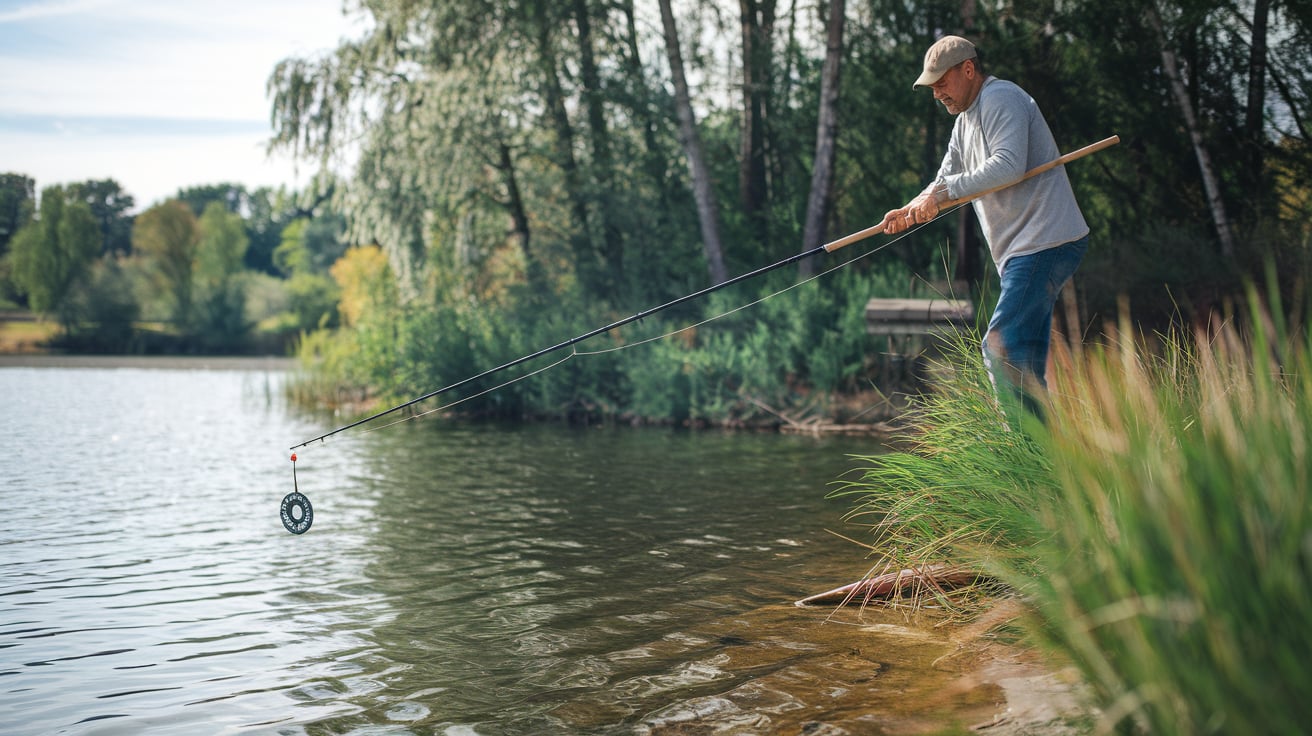
Magnet fishing involves using a strong magnet to retrieve metal objects from rivers or lakes.
Invest in a durable magnet and rope. Choose safe, accessible water locations.
Benefits: Combines adventure with environmental cleanup and treasure hunting.
Advanced Tips: Research historical sites, participate in community cleanups, or collect unique finds.
24. Antique Restoration
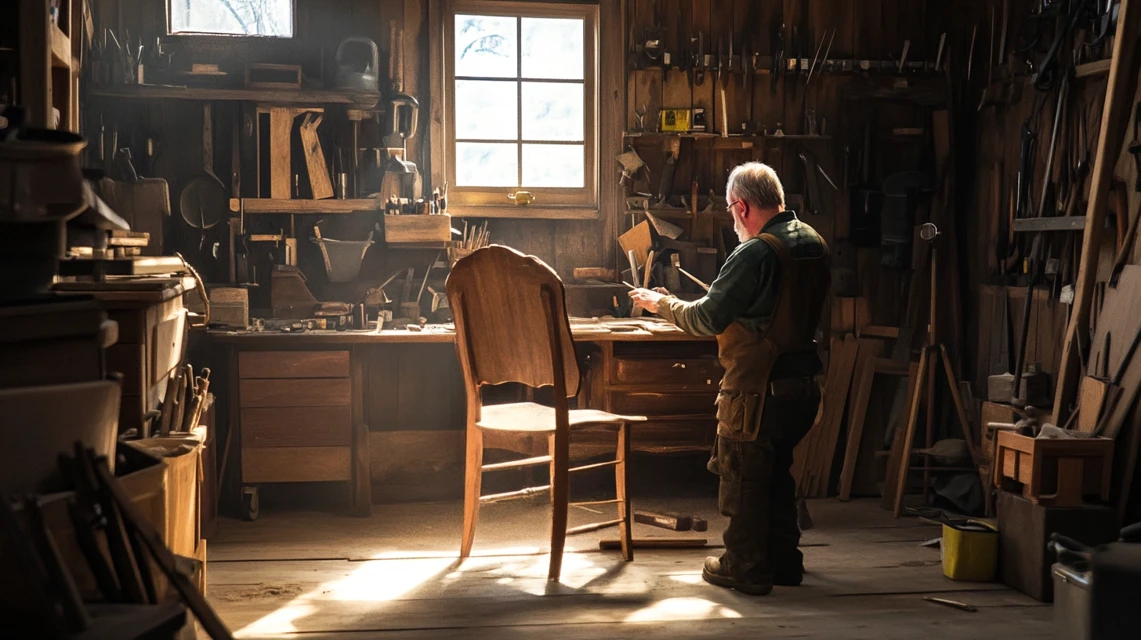
Antique restoration is the art of repairing and restoring old furniture or collectibles to their former glory.
Begin with small, simple projects using basic tools and cleaning supplies.
Benefits: Preserves history, enhances craftsmanship skills, and adds value to collectibles.
Advanced Tips: Learn professional techniques like wood refinishing, upholstery, or gilding.
25. Flower Pressing
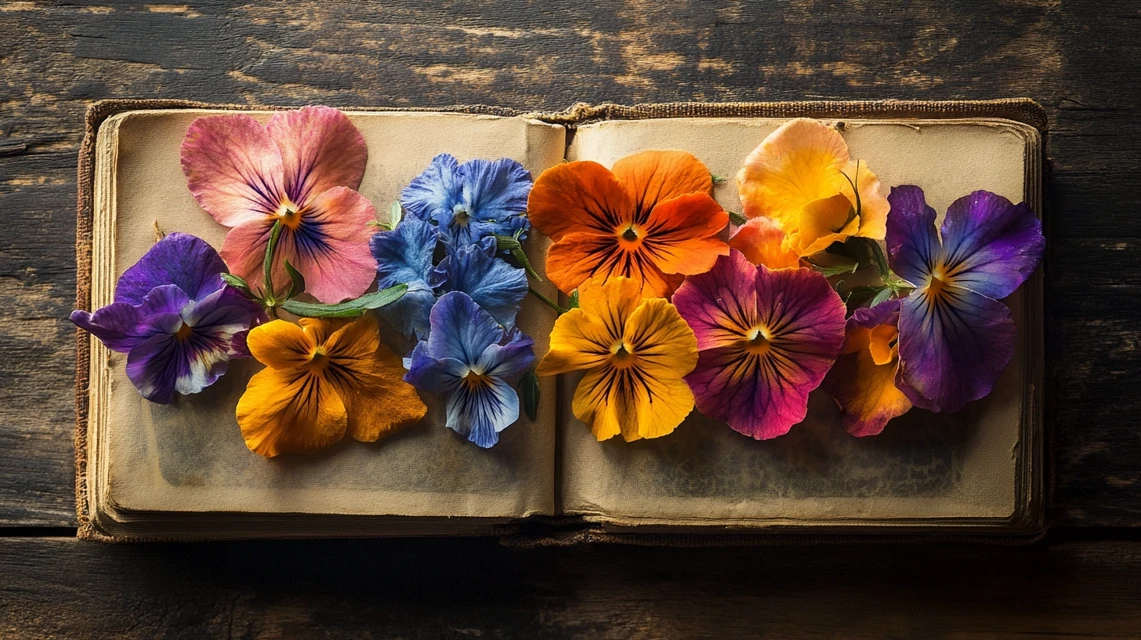
Flower pressing involves preserving flowers by flattening and drying them.
Use a flower press or heavy books. Choose vibrant flowers for better results.
Benefits: It creates timeless art, enhances patience, and provides a connection to nature.
Advanced Tips: Design pressed flower artwork and cards or frame them for decoration.
26. Soap Carving
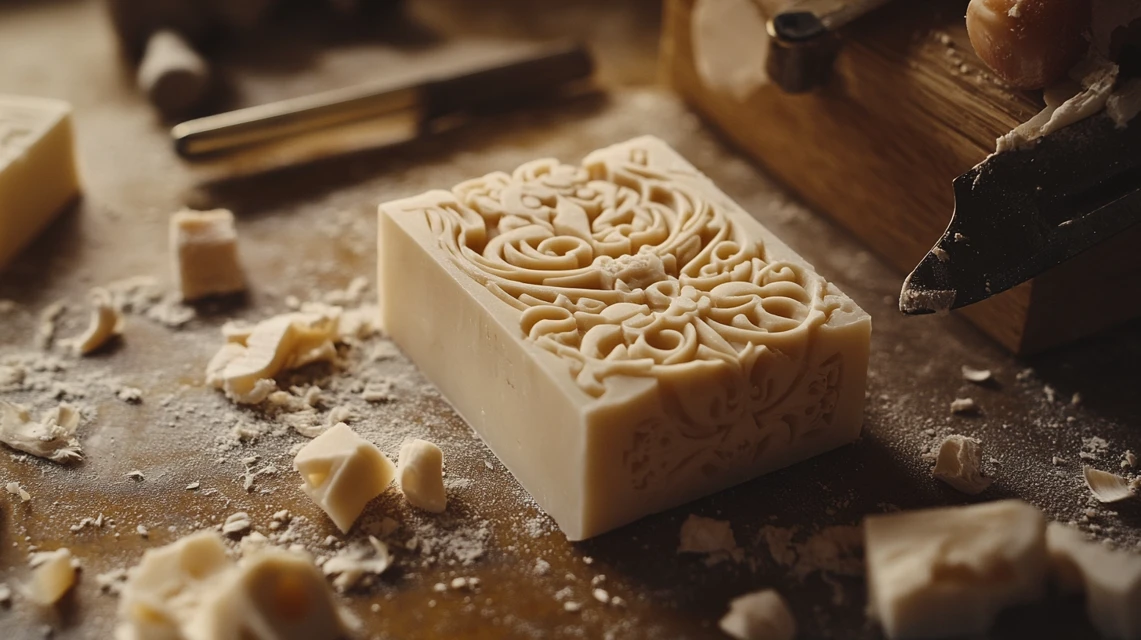
Soap carving is the art of crafting intricate designs out of soap bars, offering a creative and therapeutic outlet.
Begin with a soft soap bar, carving tools, and simple patterns to practice.
Benefits: Enhances fine motor skills, fosters creativity, and provides relaxation.
Advanced Tips: Create detailed sculptures, experiment with multi-colored soaps, or participate in carving competitions.
27. Rock Balancing

Rock balancing is the art of stacking stones in creative ways, requiring patience and focus.
Start with flat, stable stones in a quiet outdoor setting. Practice simple stacks.
Benefits: Promotes mindfulness, improves concentration, and connects you with nature.
Advanced Tips: Experiment with complex balances, share your creations on social media, or participate in balancing challenges.
28. Miniature Model Building

Miniature model building involves designing small-scale models of buildings, vehicles, or scenes.
Choose a beginner-friendly kit and basic tools like glue, paint, and brushes.
Benefits: Boosts creativity, sharpens detail-oriented skills, and provides a rewarding pastime.
Advanced Tips: Build custom models, integrate lighting effects, or join modeling communities for inspiration.
29. Beekeeping
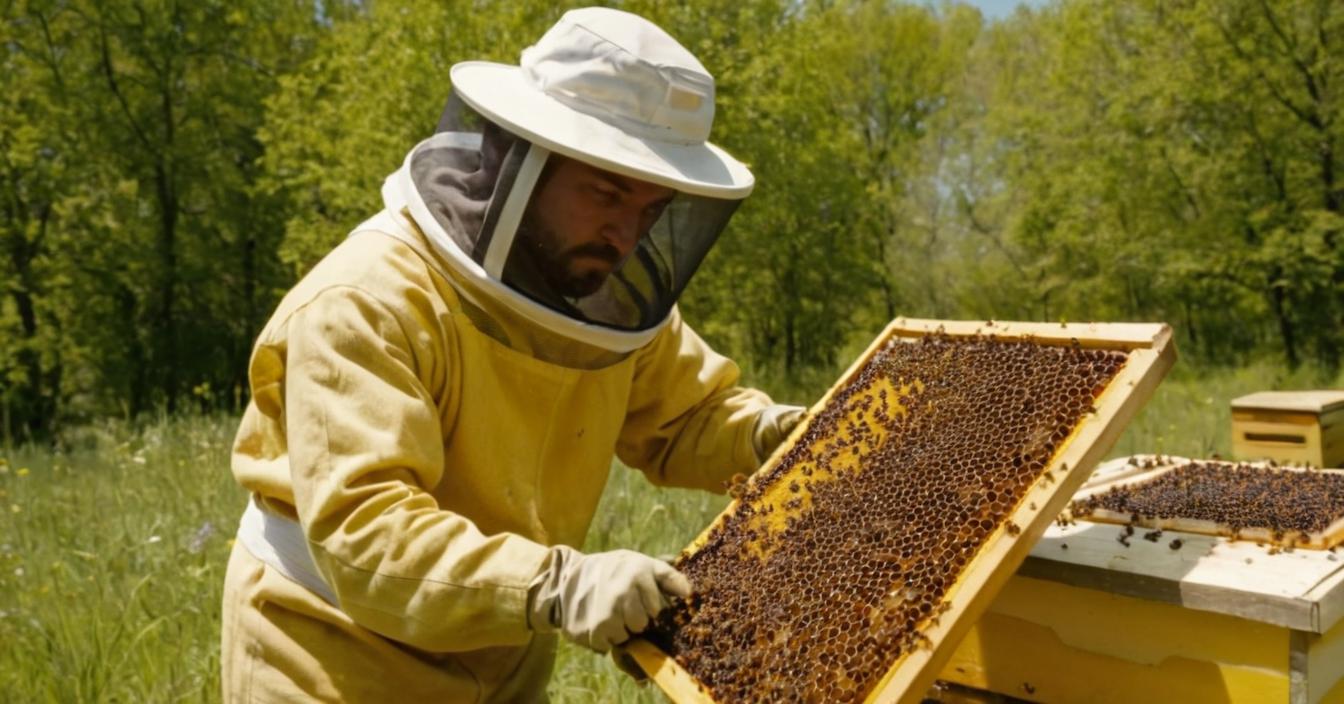
Beekeeping is the practice of caring for bees and harvesting honey while contributing to pollination.
Invest in basic beekeeping equipment, learn about hive care, and start with a small colony.
Benefits: Supports the environment, provides fresh honey, and fosters a sense of responsibility.
Advanced Tips: Expand to multiple hives, produce specialty honey, or explore queen bee breeding techniques.
30. Kombucha Brewing

Kombucha brewing involves making your own fermented tea drinks with unique flavors and health benefits.
Obtain a starter kit with a SCOBY (symbiotic culture of bacteria and yeast), tea, and sugar.
Benefits: Supports gut health, allows creative flavor experiments, and saves money.
Advanced Tips: Experiment with secondary fermentation, create custom flavors, or scale up for larger batches.
How to Find Your Ideal Hobby?
- Ask yourself what made you happy as a child – these activities often bring joy as an adult too
- Think about your daily schedule and choose activities that fit your free time – start with 30 minutes if you’re busy
- Consider your budget – many hobbies like reading, walking, or writing need little money to start
- Listen to what your body needs – if you sit all day at work, try active hobbies like swimming or cycling
- Look at your living space – pick hobbies that work in your home or nearby areas
- Notice what makes you lose track of time – activities that grab your full attention often make great hobbies
- Start with just one hobby – trying too many at once can feel overwhelming
- Give new activities at least a month – this gives you enough time to know if you truly like it
- Join groups or classes – this helps you learn faster and meet others who share your interests
- Pay attention to what you like watching or reading about – these topics often point to hobbies you’ll enjoy
Conclusion
Now that you’ve seen so many hobby options, it’s time to pick one that fits you.
Start by trying what catches your eye – maybe it’s the calm feeling of painting, the joy of growing your first plant, or the thrill of catching a fish.
Each person connects with different activities, and that’s what makes hobbies so special.
Keep in mind that becoming good at something takes time, but the real value is in how it makes you feel.
Your hobby should bring you joy, help you relax, and add something good to your day.
The right hobby is out there – trust yourself to find it.
Frequently Asked Questions
How can I manage multiple hobbies?
Set specific days for each hobby, use a schedule, and don’t pressure yourself. Focus on one activity at a time to enjoy them fully.
What is the 5 hobby rule?
The 5 hobby rule suggests having one hobby that makes you money, keeps you fit, boosts creativity, builds skills, and connects you with others.











